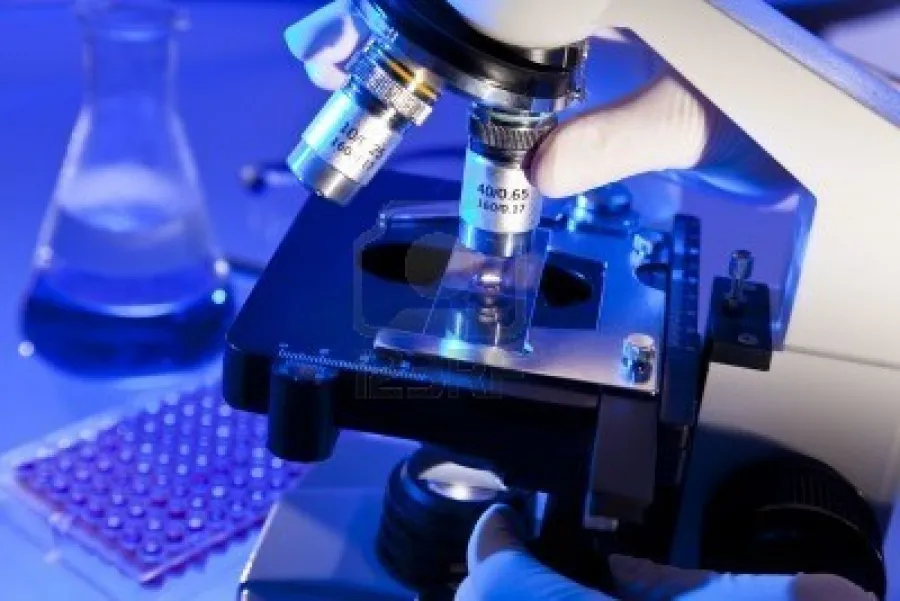The development of an insulin vaccine to prevent type 1 diabetes has just completed its first step, according to researchers in the latest edition of the magazine 'Jama'.
The drug is being developed by scientists from the DFG center for regenerative therapies of Dresde, your Dresden and the 'Institut Für Diabetesforschung-Helmholtz Zentrum München', in Munich, Germany, together with researchers from Vienna, in Austria;Bristol, the United Kingdom, and Denver, United States.
The authors point out that the evaluations of the Pre-Point International Study point to a positive immune response in people at risk of the disease who received oral insulin doses, without adverse reactions such as hypoglycemia.The objective of the following phase of the test will be to determine whether an insulin vaccine can prevent long -term disease outbreak.
Children with type 1 diabetes need several insulin injections every day of their lives because the body's own immune system destroys beta cells in the pancreas, which are the cells that produce insulin.This is a process that begins early.
Instead of ignoring proteins such as insulin, immune defenses see insulin and other proteins in cells such as strange and mobilize immune cells to destroy beta cells.Normally, the immune system develops an immune tolerance to the body's own protein during the first years of life, thus avoiding this type of autoimmune response.
This body tolerance includes the formation of immune cells that prevent the destruction of the body's own cells.The objective of the insulin vaccine is to help "form" this positive preventive immune response.
In the Pre-Point study, the authors treated children at high risk of developing type 1 diabetes in Germany, Austria, the United States and the United Kingdom with oral insulin once a day during medium average periods of half a year.The control group was only given a placebo without any effect.
The group to which the active substance was administered ingested the insulin in the form of dust together with the food at variable dosing levels that increased in the course of the study.In the highest dose (67.5 mg), insulin powder then induced the desired immune response.



